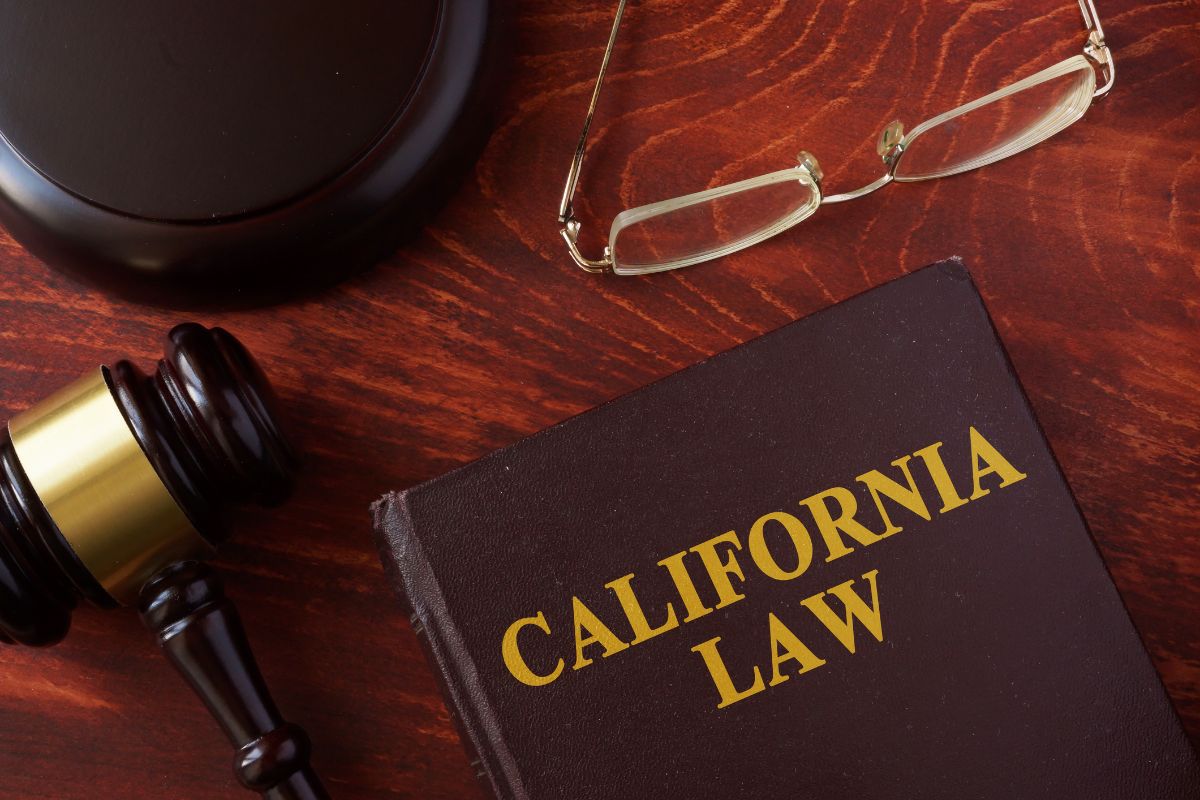Writing Interrogatories To Prove A PI Plaintiff’s Case
Many, if not most, tort cases arise out of motor vehicle accidents and are based on allegations of an individual negligently operating a motor vehicle. While mundane in the legal world, personal injury plaintiffs must prove each of the elements of negligence. Using interrogatories as a discovery tool can help attorneys develop the facts and identify the evidence necessary to prove each element. First, any plaintiff’s attorney must design interrogatories to ascertain the basic facts about the accident. Any responses by a party to interrogatories relating to any person, event, or condition that is alleged by the defendant to have contributed to the...
Continue reading









